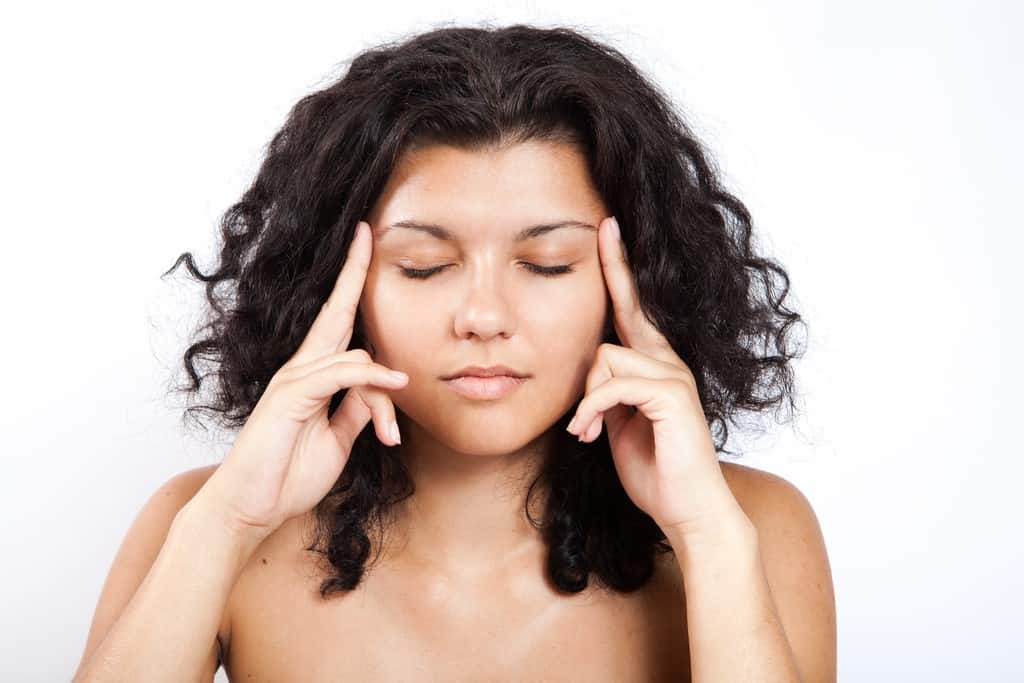Adderall is often used as a treatment for ADHD but it does not come without a price. According to Neuropsychologist and co-founder of the Long Island ADHD Professionals Consortium (LIAPC) Kimberly Williams, “there can be some side effects, such as decreased appetite, changes in sleep patterns, headache, weight loss or some gastrointestinal changes.”
Aside from these side effects, those who take Adderall risk addiction as well. In an article on OC Weekly Matt Cocker quotes the U.S Food and Drug Association as saying “Amphetamines have a high potential for abuse. Administration of amphetamines for prolonged periods of time may lead to drug dependence and must be avoided.”
Luckily there are ways to manage ADHD without prescription medication. And these won’t just help your ADHD symptoms; they’re likely to improve your overall health as well:
3 Ways to Treat ADHD Naturally
1. Exercise: Regular exercise is a necessity for a long and healthy life, but it can also help reduce the symptoms associated with ADHD. Exercise helps boost the body’s production of chemicals that improve concentration and attentiveness, working in a similar way to Adderall. According to Dr. Williams:
“Exercise is a way to boost endorphins, the hormone-like compound that regulates mood, pleasure, and pain. That same burst of activity also elevates the brain’s dopamine, norepinephrine, and serotonin levels and helps to improve our mental fortitude perseverance, and ability to follow through on our goals.”
By taking just 30 minutes to exercise each day you can help replicate some of what Adderall does – without any negative side effects – while helping to live a healthier life at the same time.
2. Nutrition and Supplements: Eating the right foods can help improve memory and concentration, whether or not you suffer from ADHD. This starts first thing in the morning: eating a healthy breakfast has been shown to improve concentration and productivity, both of which will help those suffering from the symptoms of ADHD.
Including plenty of fruits and vegetables in your diet will help to improve your ability to focus as well. Fruits and vegetables are high in antioxidants, which can help regenerate brain cells and create neurotransmitters, helping to improve overall cognitive ability.
Fish oil supplements are great ways to help improve your concentration and ability to think clearly; studies have shown that the brain requires fatty oils to perform at its best.
3. Feingold Diet: The Feingold Diet was created by Dr. Benjamin Feingold who believed that hyperactivity is caused by the biological response to synthetic additives in certain people, and that by eliminating these additives you can eliminate the hyperactivity as well. According to Dr. Feingold:
“Any compound, natural or synthetic, can induce an adverse reaction if the individual has the appropriate genetic profile, i.e., disposition.”
The Feingold diet works by replacing foods that contain synthetic additives with natural alternatives. This can be as simple as drinking Sprite or 7 Up instead of Mountain Dew or Pepsi, which contain artificial coloring.
The Feingold Program’s materials provide a comprehensive list of ingredients you should avoid when purchasing food and beverages such as:
- Artificial Preservative such as BHT, BHA, and nitrates
- Salicylates
- High Fructose Corn Syrup
- Artificial flavors
- Artificial colors
- Artificial dyes such as red dye #40 and yellow dye #6
- Vanillin
Although following the diet requires some planning and discipline, the results can be powerful; the Feingold Organization claims a success rate of more than 80% in families which follow the program. The best part is that the cost of switching to natural foods can actually be less than the costs associated with Adderall: doctor’s visits, prescription costs, and the lab work for regular re-evaluations.
If you’re looking for a natural alternative to Adderall, give some of the above options a try. You’re likely to reduce your ADHD symptoms while improving your overall health at the same time. And remember, if one treatment plan doesn’t work, don’t get discouraged; According to Dr. Williams, “ADHD treatment truly depends on the individual, their environment and lifestyle.” Simply put, there is no one best way to manage the symptoms of ADHD, only the way that works best for you.


